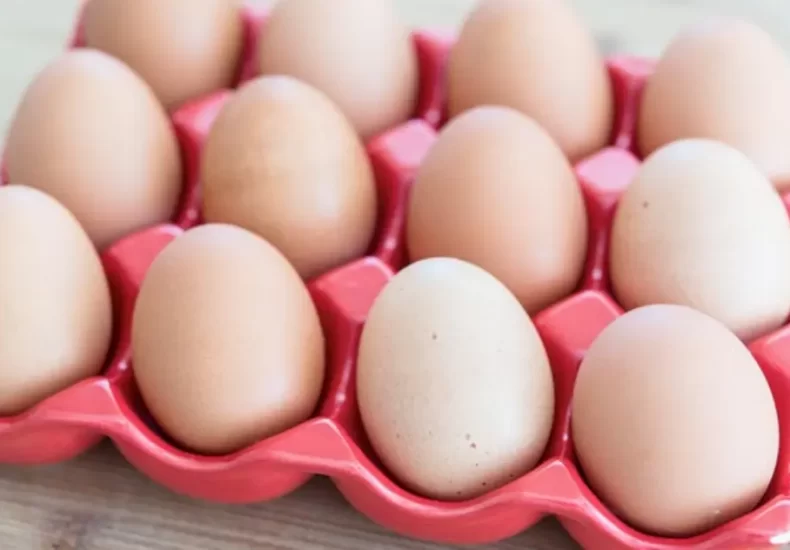
Australia: Rare Eggs Limited in Supermarkets
Supermarkets Limit Rare Egg Purchases Amid Australian Shortage
Australian supermarkets have introduced purchase limits on rare eggs as the nation grapples with an unexpected shortage. The scarcity, attributed to a combination of supply chain disruptions and increased demand, has prompted leading grocery chains to take action to ensure fair distribution of this highly sought-after product.
Why Are Rare Eggs in Short Supply?
The shortage of rare eggs, including specialty varieties like free-range, organic, and pasture-raised, stems from multiple factors:
- Supply Chain Disruptions: Recent weather events and feed supply issues have significantly reduced egg production across Australia.
- Increased Demand: As consumers shift toward healthier, more sustainable options, the demand for specialty eggs has surged.
- Avian Health Concerns: Outbreaks of avian illnesses in key production regions have further strained the availability of these niche products.
Producers have struggled to keep up with demand, creating a ripple effect felt in grocery stores nationwide.
Supermarket Purchase Limits
In response to the shortage, major supermarket chains like Woolworths and Coles have implemented strict limits on the number of rare eggs customers can purchase. Typically, shoppers are restricted to buying one or two cartons per transaction.
These measures aim to prevent panic buying and hoarding, ensuring that more households can access these coveted eggs. A spokesperson for one of the major chains stated, “We want to provide equitable access to all customers during this challenging time.”
Consumer Reactions
The purchase limits have elicited mixed reactions from consumers. While many shoppers understand the need for restrictions, others have expressed frustration over the difficulty of obtaining their preferred eggs. Social media has become a platform for voicing these concerns, with some users jokingly comparing the scarcity of rare eggs to luxury goods.
Implications for the Industry
The rare egg shortage has highlighted vulnerabilities in Australia’s food supply chain. Industry experts warn that these shortages could persist for several months unless production ramps up and supply chains stabilize.
Farmers are under pressure to boost production while adhering to strict animal welfare standards. However, many argue that the current challenges are a wake-up call for the industry to diversify supply sources and invest in more resilient agricultural practices.
Tips for Shoppers During the Shortage
Consumers are encouraged to:
- Explore Alternatives: Consider conventional eggs or other protein sources until specialty eggs become more widely available.
- Shop Locally: Farmers’ markets and small grocers may still have stock of rare eggs.
- Plan Ahead: Avoid last-minute shopping to secure your preferred products.
Conclusion
The rare egg shortage in Australia underscores the delicate balance between supply and demand in the nation’s food system. As supermarkets impose limits to manage the crisis, the focus remains on ensuring fair distribution and addressing the underlying causes of the shortage.
While the immediate future may be challenging for egg lovers, the hope is that proactive measures will stabilize the market and restore shelves to their former abundance.